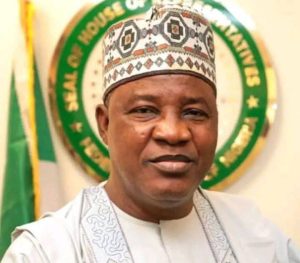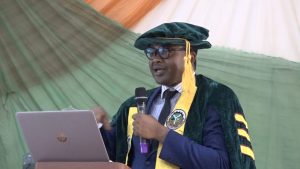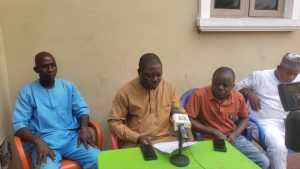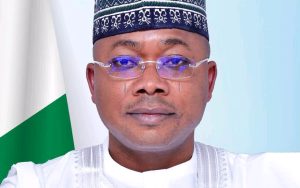Nigeria at a Crossroad: Confronting The Incessant Security Crisis We Can No Longer Ignore
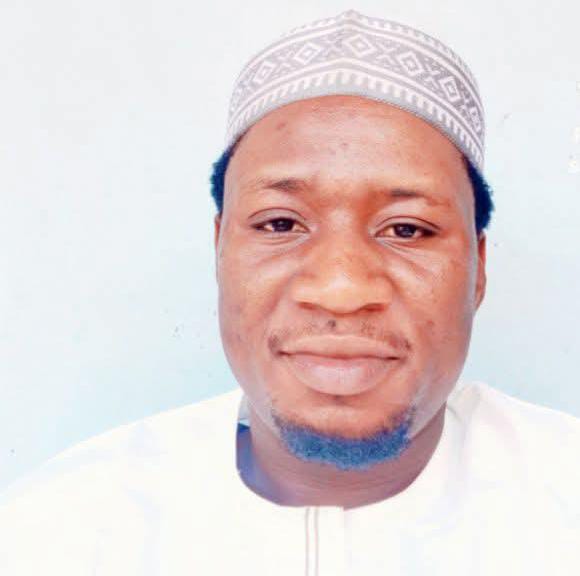
I write in pain knowing that it’s no longer news that our beloved country, Nigeria, is bleeding and beneath the noise of partisan debates lies a painful reality that the country is grappling with deepening insecurity that demands honesty, courage, and collective resolve.
As a political scientist, I think, for us to move forward as a nation, we must step away from emotions for a moment and confront the patterns that have defined our national security landscape in recent years, patterns that are too grave to ignore.
In the past weeks alone, the nation has been shaken by tragic incidents across multiple states. A vice principal was killed and 25 schoolgirls were abducted in Kebbi. In Zamfara, a community leader was murdered and his family kidnapped. Patigi in Kwara experienced deadly attacks that claimed the lives of a police officer and a vigilante, with two traditional rulers abducted. A serving Brigadier General, M. Uba, was killed by ISWAP, a haunting reminder of the 2021 loss of Brig-Gen Dzarma Zirkusu to similar violence. These are not isolated events; they reflect a dangerous escalation that now threatens both civilians and senior military personnel.
Recently, I did a work on “Terrorism And Kidnapping In Nigeria: Issues And Challenges” and from my findings, for nearly a decade, our schools have remained soft targets. From the abductions in Chibok and Dapchi to Kankara, Jangebe and most recently Maga in Kebbi, the kidnapping of schoolchildren has evolved into a disturbing and recurring criminal enterprise. Even more alarming is the boldness with which terrorists now conduct operations.
When security personnel including high ranking officers are tracked and killed, it signals that these groups possess intelligence networks, operational confidence and the capacity to challenge the state directly.
Across parts of Kano, Plateau, Benue, Southern Kaduna, Zamfara and Niger, some of their communities have been displaced after years of unrelenting attacks. Families pack whatever they can carry and flee from their ancestral lands whilst others negotiate directly with bandits for survival. These are the signs of territories where the state’s presence is weakening not strengthening.
Yet, national life often proceeds as though all is well with political rallies, cross-party defections, routine speeches and optimistic declarations surfacing. But beneath this façade lies the fact that Nigeria is experiencing conditions that resemble armed conflict, even as official communications remain trapped in familiar formulas “We condemn… We assure… We are on top of the situation.” This pattern no longer reassures anyone.
If terrorists can locate a senior military officer, stage an ambush, execute the attack and withdraw without suffering overwhelming consequences, it points to several realities of having an infiltrating human intelligence network, boldness to treat state forces as targets rather than threats and that the state has no sufficient deterrence to make terrorism a high-risk endeavour..
A nation that cannot make violent extremism a suicidal, unattractive option for those who attempt it must reassess its security strategy with urgency.
Nigeria stands at a crossroads.
We can no longer afford complacency or the illusion of normalcy. The safety of our citizens, the authority of our institutions and the integrity of our nation depend on recognizing the scale of the challenges and confronting them with unity, clarity and unfiltered commitment.
May Nigeria Succeed!
– Abdulkadir Bin ABDULMALIK
abdulmalikabdulkadir@gmail.com
Kogi State, Nigeria

